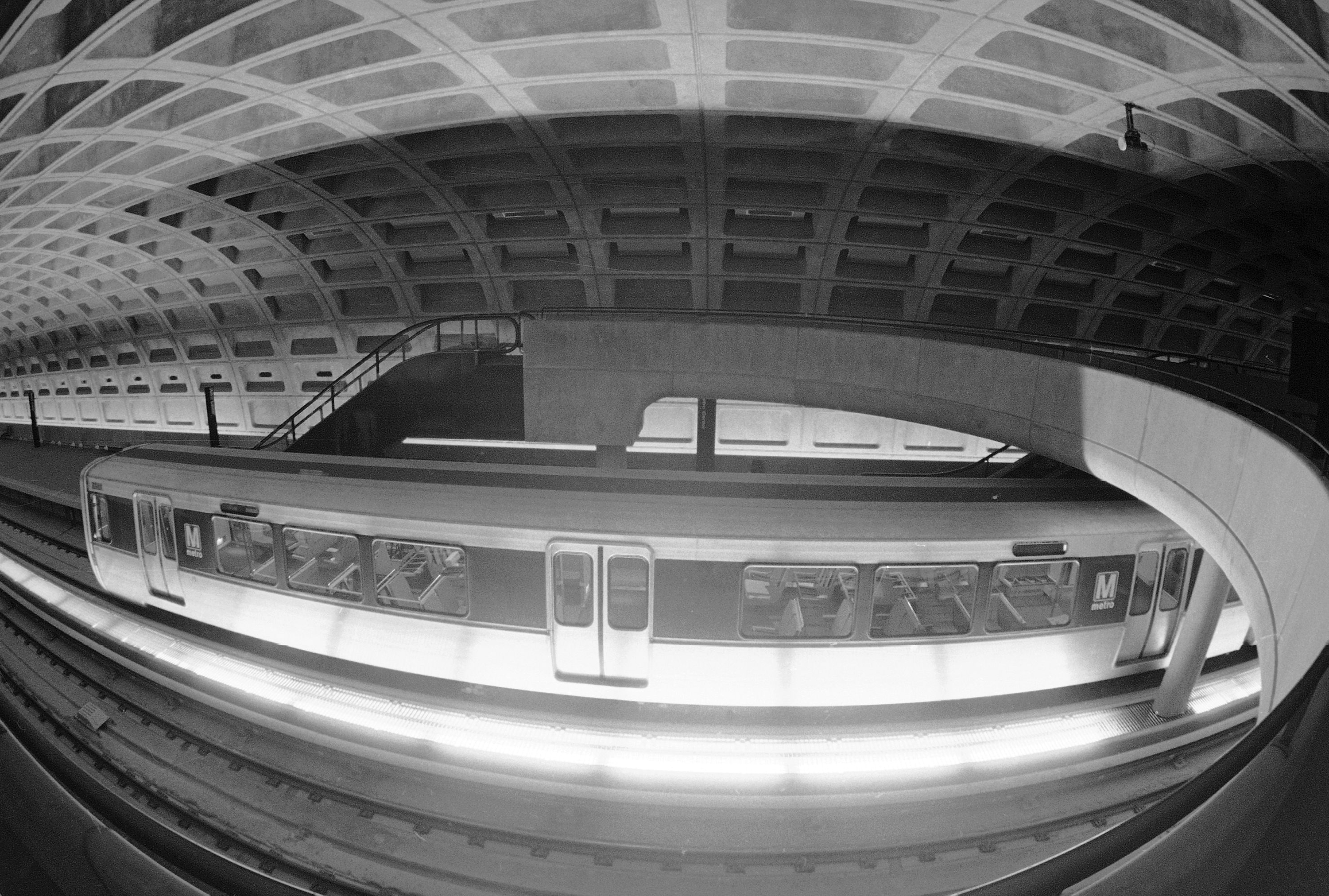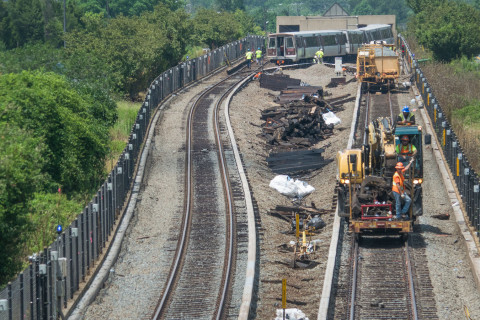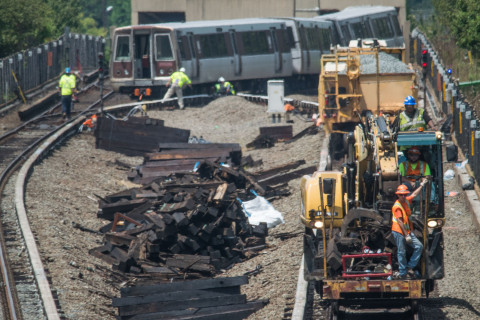WASHINGTON — Additional weekend shutdowns of some Metro stations may be necessary as part of unplanned updates to the transit agency’s long-term maintenance plan, Metro General Manager Paul Wiedefeld said Wednesday.
Metro is evaluating its entire schedule for 24/7 trackwork in the wake of a derailment late last month, Wiedefeld told reporters at an afternoon news conference. A round of immediate after-the-fact inspections identified six interlocking areas of Metro track — where trains cross from one track to another — that require work, Wiedefeld said.
The July 29 derailment of a Silver Line train outside the East Falls Church Metro station occurred in one of those crossover areas. A National Transportation Safety Board investigation found the tracks there had widened too far apart and that Metro inspectors, who were supposed to be checking those areas at least twice a week, were only inspecting about once a month.
The six crossover areas that require additional inspections are not unsafe, Wiedefeld said, but the work needs to be done and that “means potentially more shutdowns.”
Metro is considering additional weekend shutdowns throughout the course of its track-work “surges,” which are scheduled to wrap up next March, Wiedefeld said.
“We will give our riders and jurisdictions as much time as possible once we revise any schedules — if we do revise them — but I’m just letting people know that we are taking a look at that, and if that needs to be done, we will do it, again, because safety does trump service at all times,” Wiedefeld said.
Earlier this week, Metro announced a previously unplanned shutdown of part of the Red Line this weekend between Grosvenor-Strathmore and Shady Grove.
Wiedefeld’s announcement came after a meeting with Metro Board Chairman Jack Evans and senior Metro staff. The previously scheduled meeting came in the wake of a scathing report released this week by Federal Transit Administration that uncovered an overall lack of inspections and basic maintenance errors.
Even after the end of Metro’s nearly yearlong “SafeTrack” improvements, “the system will still be in need of repair,” said Evans, who is also a D.C. Council member. “We will still need a lot of work to bring it up to speed, so I don’t want anybody to have the impression that we’ll have a brand-new system and everything will be hunky-dory. That’s not going to be the case. We still have a long, long way to go, but I am confident we’re going to get there.”
Wiedefeld also discussed a number of behind-the-scenes steps he said Metro has taken to address some of the long-standing issues uncovered by federal regulators. Last month, the rail agency issued a contract for engineering consultants to conduct a complete inventory of the rail system and to have outside experts review all track conditions. Metro is also rewriting its track inspection manual and planning an overhaul of its track inspection training program.
Also, Wiedefeld will appear Aug. 25 before a special Metro board meeting where he will give members a briefing on a number of issues, including the derailment, Metro operators running red signals and the recent arrest of a Metro Transit Police Department, accused of attempting to aid the Islamic State.








